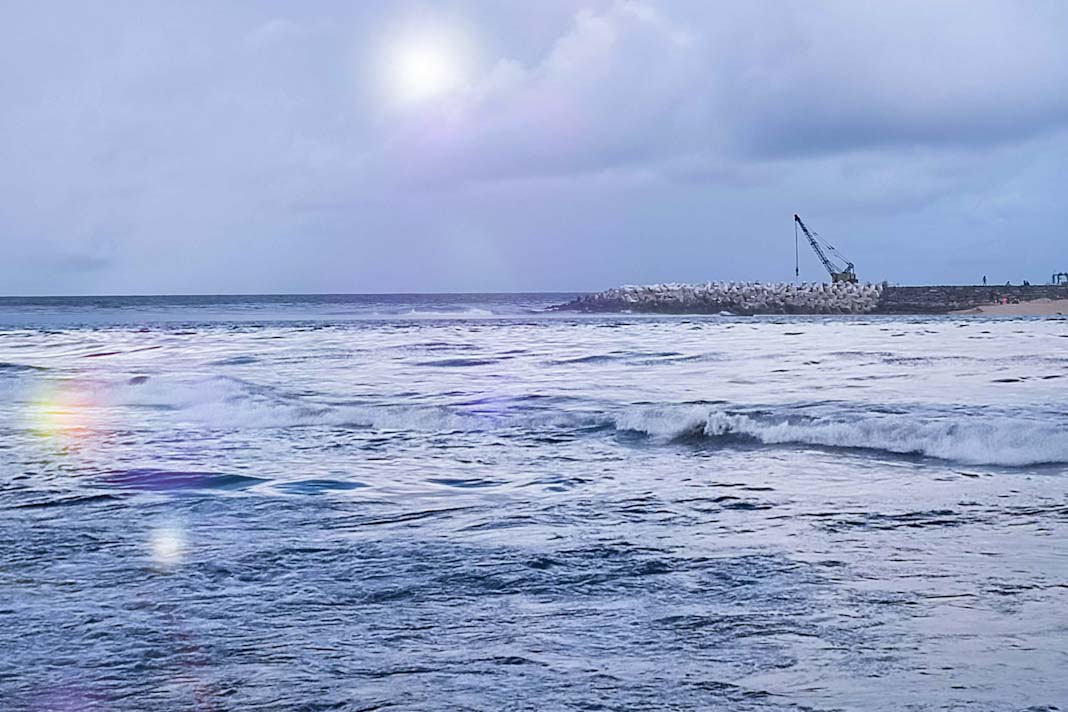- Iran accused Israel of targeting key energy infrastructure along the Persian Gulf, calling the strikes a threat to maritime safety and a violation of international treaties.
- The attacks reportedly impacted gas and petrochemical sites, including the South Pars Gas Field, sparking concerns during the IMO’s Maritime Safety Committee meeting.
- Authorities noted increased GPS jamming incidents affecting nearly 1,000 vessels near Iranian waters, including tankers and cargo ships.
- The IMO urged stronger compliance and cooperation among member states, while also advancing alternative navigation technologies like VDES.
A senior Iranian official has accused Israel of compromising maritime safety by targeting critical energy infrastructure near the Persian Gulf, escalating tensions in a region vital to global energy transit. The statement, made during a key maritime safety meeting, highlighted concerns over the safety of international shipping and compliance with established maritime laws. These developments were reported by S&P Global.
Maritime Safety and Electronic Interference Under Scrutiny
During the 110th Maritime Safety Committee (MSC) meeting held by the International Maritime Organisation (IMO), Iran’s permanent representative, Seyed Ali Mousavi, alleged that Israel had conducted unlawful attacks on vital gas and petrochemical sites in Asalouyeh, a strategic energy zone on the northern Persian Gulf coast. These attacks, which began on June 13, reportedly included airstrikes on the South Pars Gas Field and other key facilities. Mousavi claimed these actions not only violated several maritime treaties—including the IMO Convention and the International Convention for the Safety of Life at Sea—but also posed a direct threat to the global energy supply and maritime security.
Alongside these accusations, maritime authorities observed a surge in electronic signal interference in the Persian Gulf region. Since June 12, at least 928 vessels—including tankers and cargo ships—have reported GPS jamming near Iranian oil terminals, according to maritime risk analytics firm Windward. Notably, the VLCC Front Eagle, operated by Frontline, collided with a suspected shadow fleet tanker amid the jamming, although the shipowner clarified that the incident may not be directly linked to regional hostilities.
IMO Secretary-General Arsenio Dominguez acknowledged the growing safety concerns and urged member states to enhance regulatory compliance and data-sharing efforts. However, he emphasised there was no current evidence that ships or crew were being specifically targeted. In response to these incidents, the IMO is also working with member states to develop new standards for satellite navigation systems and is promoting the voluntary use of technologies like the Very High Frequency Data Exchange System (VDES) to improve situational awareness when GPS signals are disrupted.
Did you subscribe to our Daily newsletter?
It’s Free! Click here to Subscribe!
Source: S&P Global



















